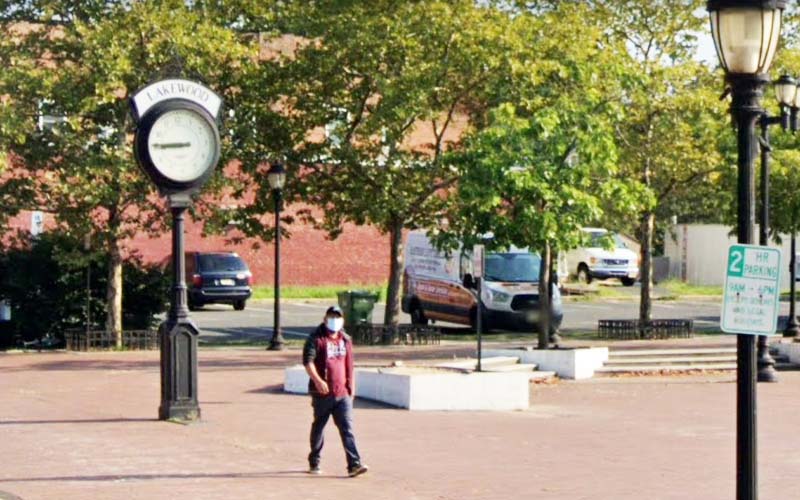LAKEWOOD, NJ – If you’re arrested for shoplifting in most towns in New Jersey, your name could show up in a weekly police blotter within days. But if you steal $15 million from a public school district, prosecutors, attorney generals, and police public information officers clam up, especially if that theft happened in Lakewood, New Jersey.
The Lakewood Public School District finds itself embroiled in yet another chapter of financial controversy as questions mount over the theft of $15 million from its operating funds and the state’s refusal to reappoint its longtime school board attorney.
More than a month after the incident came to light, the Ocean County Prosecutor’s Office has provided no substantive updates, leaving the community without clarity on the whereabouts of the funds or the identity of those responsible.
Compounding the uncertainty, the New Jersey Department of Education’s recent decision to block the reappointment of attorney Michael Inzelbuch—whose compensation has exceeded $6 million since 2017—has intensified scrutiny of the district’s fiscal management.
The theft, initially disclosed on February 16 by The Lakewood Scoop, occurred over the Presidents’ Day weekend, depleting $15 million from a district already reliant on state intervention to remain solvent. Mayor Raymond G. Coles has confirmed that $8 million has been recovered, with portions traced to out-of-state and international accounts, suggesting a complex and deliberate scheme.
Despite the involvement of federal, state, county, and local authorities, the Ocean County Prosecutor’s Office has declined to comment, offering neither confirmation of an active investigation nor details on its progress. This lack of transparency has fueled frustration among Lakewood residents and stakeholders.
The Lakewood Public School District operates under extraordinary financial pressures, driven by state-mandated obligations to provide transportation and special education services for approximately 50,000 private school students—predominantly from the township’s substantial Orthodox Jewish community—while educating just 4,460 public school students. To avert closure, the district secured a $65 million state loan in February, approved mere days before the theft was reported. With $7 million still unaccounted for, the incident threatens to exacerbate an already precarious budget, raising concerns about potential impacts on staff retention and student resources.
Further complicating matters, the New Jersey Department of Education’s Office of Fiscal Accountability and Compliance rejected the reappointment of Michael Inzelbuch as school board attorney on March 14, citing inadequate documentation and concerns over funding. Since 2017, Inzelbuch has earned over $6 million, including a $50,000 monthly retainer and an additional $475 per hour for supplemental services, without the requirement to submit detailed hourly records. Critics, including David Sciarra of the Education Law Center, have long decried this arrangement as an excessive expenditure of public funds. District leadership, led by Board President Moshe Bender, defends Inzelbuch’s compensation, arguing it reflects the unique demands of serving both public and private school populations. The district has signaled its intent to contest the state’s decision through legal channels.
The relationship between the $15 million theft and the state’s intervention regarding Inzelbuch remains unclear. No official evidence links the two developments, yet their proximity has sparked speculation about systemic oversight failures within the district. Some observers question whether the theft reveals vulnerabilities that Inzelbuch’s costly tenure failed to mitigate, while others view the state’s action as a potential precursor to broader accountability measures.
The State of New Jersey’s role in Lakewood’s predicament is equally contentious.
With the district’s debt surpassing $173 million, annual state loans have become a lifeline—yet they have not resolved the underlying structural deficits.
A 2023 appellate court decision declared the state’s funding formula unconstitutional as applied to Lakewood, but legislative remedies have yet to materialize. Critics argue that rather than continuing to allocate millions in aid, the state should prioritize a comprehensive investigation into both the recent theft and the district’s broader financial practices.
